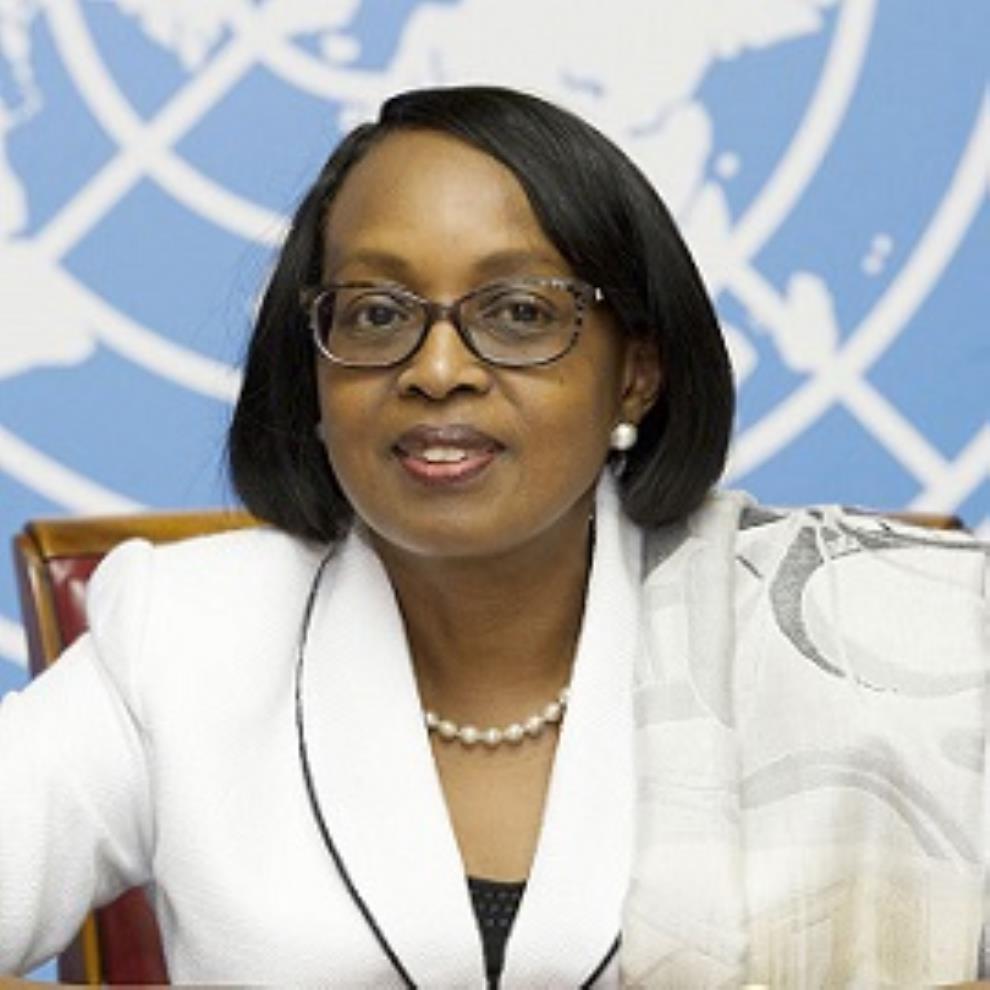The World Health Organization (WHO) Regional Director for Africa, Dr Matshidiso Moeti has hinted that, globally, there are 38 million people living with HIV and 67% of them are living in the African Region.
While adding that, in 2019, more than 1 million people in the Region were newly infected with HIV, accounting for 60% of the global total, and sadly, 440,000 people in the Region died from HIV-related causes.
She gave this hint in her message to commemorate the 2020 World AIDS Day that is celebrated every 1st of December where the global community comes together to mark World AIDS Day to show support for people living with HIV and to remember those who have lost their lives to AIDS.
The theme of this World AIDS Day is “Global Solidarity and Shared Responsibility” because in the context of the COVID-19 pandemic we are seeing how important it is for the world to come together, with determined leadership from governments and communities to sustain and expand access to essential services, including HIV prevention, testing, treatment and care.
Moeti added that, “the pandemic is making it even more challenging for countries to provide these services, particularly in areas affected by conflict, disasters, outbreaks and rapid population growth. This is on top of the fact that in the African Region new HIV infections and AIDS-related deaths are not reducing fast enough to meet the Sustainable Development Goal target of ending AIDS epidemics by 2030. Children living with HIV are not being adequately identified for HIV treatment. Girls and women aged 15–24 years account for 37% of all new HIV infections, and stigma and discrimination especially against key populations continues to create barriers to service access.
“Despite these challenges, significant progress is happening in African countries. 2020 is a milestone year towards ending AIDS epidemics and 81% of people living with HIV know their status. Among them, 70% of adults and 53% of children are receiving lifelong antiretroviral therapy (ART). Eighty-five percent of pregnant and breastfeeding women living with HIV are on ART, which protects their health and prevents HIV transmission to their newborn infants”, she said.
The WHO regional Director, however, commend the government’s, partners and communities who have contributed to the progress on HIV in the Region, and come up with innovative ways to keep services going during the COVID-19 pandemic.
Saying, for example, young people living with HIV in Zambia are advocating for the elimination of stigma, adherence to HIV treatment, access to sexual and reproductive health services, and mental health support. They are also contributing to the national COVID-19 response by creating and disseminating health messages, busting myths, and raising awareness.
Her words; “In Cote d’Ivoire, Nigeria and Senegal, women living with HIV are serving as community pharmacists, visiting hard to reach semi-urban and rural areas to facilitate the home delivery of HIV treatment and medicines for other diseases. They are helping to ensure that no one is left behind during the COVID-19 crisis.”
To sustain and accelerate the gains made, she urgeo governments and partners to come together, with the same level of urgency and leadership demonstrated in response to COVID-19, to increase domestic funding and strengthen health systems.
Adding that, there must be global solidarity and shared responsibility among all stakeholders to ensure integrated, people-centred, quality care and an uninterrupted supply of essential commodities for HIV services.
The rights of women and girls, and gender equality, must be at the centre to stop new HIV infections among girls and young women.
She also urged communities, especially people living with HIV, to be proactive in your self-care and in understanding how to prevent the spread of infections.
Saying, in this World AIDS Day let us all demand global solidarity and shared responsibility to maintain HIV services during the COVID-19 pandemic and beyond as we strive to achieve the 2030 targets.

